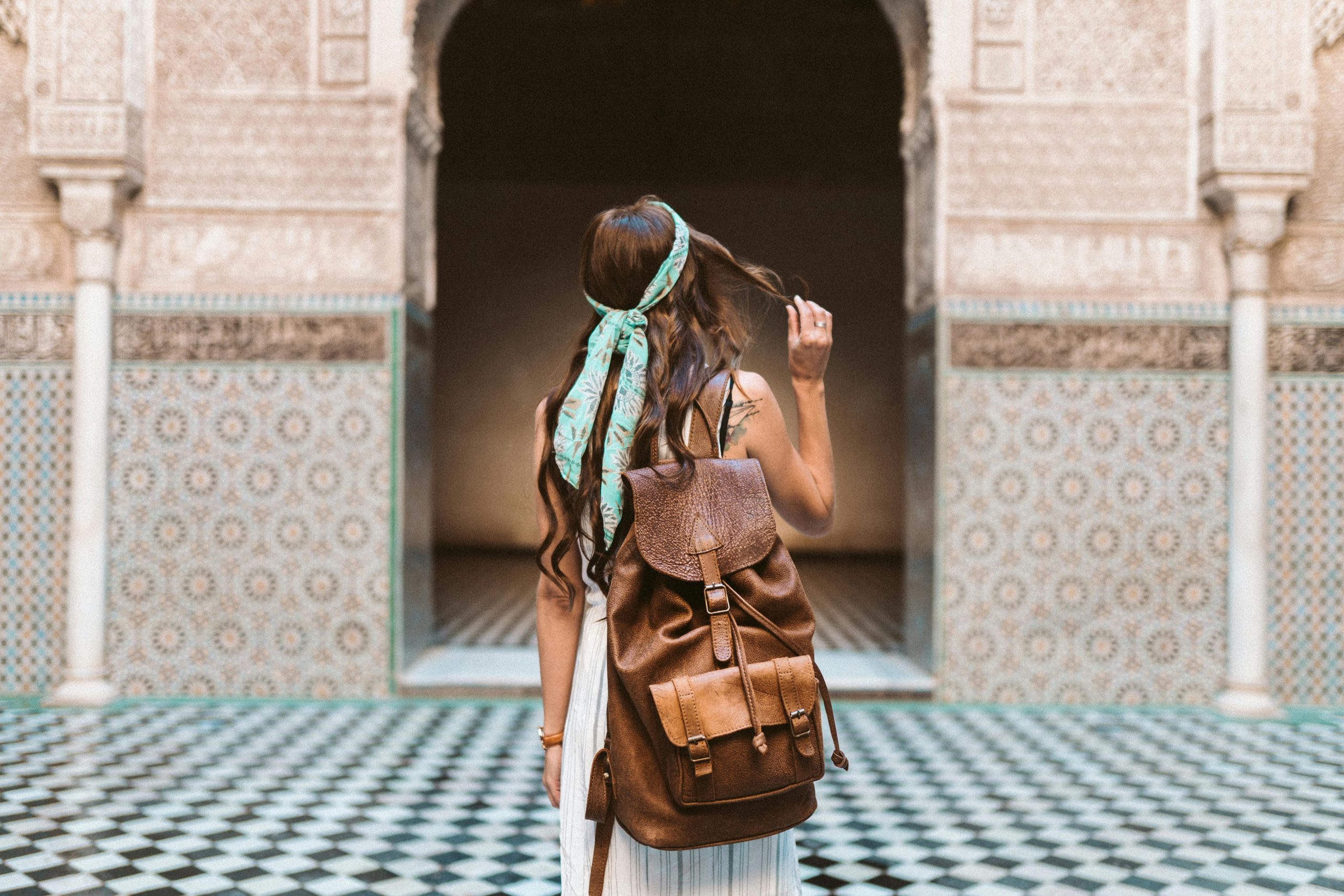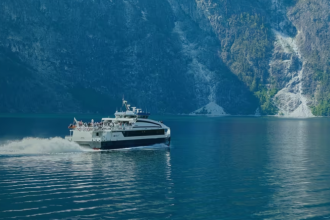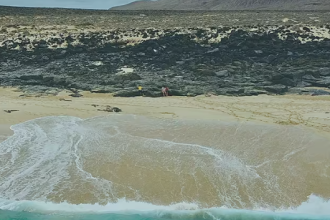Traveling alone can be one of the most rewarding and empowering experiences you’ll ever have. The freedom to create your own schedule, connect with new people, and challenge your comfort zone can be exhilarating. But solo travel also means you are solely responsible for your own safety, which makes preparation and awareness essential.
Whether you’re backpacking through Southeast Asia, navigating the streets of Paris, or heading off the grid in South America, solo travelers need to take a few extra steps to stay secure. Safety doesn’t mean fear—it means being prepared, smart, and situationally aware. Here’s a detailed guide on how to stay safe while making the most of your solo adventures.
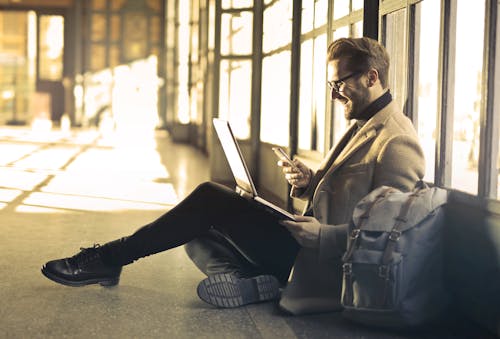
Trust Your Instincts from Day One
One of the most powerful tools you have as a solo traveler is your gut instinct. If something feels off—a sketchy alley, a pushy stranger, a too-good-to-be-true deal—it probably is.
Don’t worry about seeming rude or overly cautious. Your safety comes first. You can always apologize later, but you can’t undo a risky situation. Whether you’re choosing accommodation, getting into a taxi, or accepting an invitation, listen to that quiet internal voice. It’s often the best early warning system you have.
Choose Your Accommodation Wisely
Where you stay has a huge impact on how secure you feel in a new city or country. Prioritize well-reviewed accommodations with 24-hour reception, secure entry, and positive feedback from other solo travelers.
- Research neighborhoods thoroughly before booking. Some areas may be beautiful by day but unsafe after dark.
- Check if your accommodation has lockers or safes. If not, travel with a portable lock or anti-theft bag.
- Let someone at home know the name and address of where you’re staying.
Avoid ground-floor rooms in hotels or hostels when possible. Higher floors are generally more secure, especially in buildings with multiple exits.
Stay Connected with Family or Friends
Even when you’re on the other side of the world, it’s important that someone knows your general plans. You don’t need to give hourly updates, but maintaining contact is a key safety layer.
- Share your itinerary and any major changes.
- Set a check-in schedule, even if it’s just a short message every day.
- Use apps that allow real-time location sharing if you’re hiking or in remote areas.
Keeping others informed not only provides peace of mind for them—it ensures you’re not completely off the radar in case something goes wrong.
Secure Your Valuables Smartly
When you’re on your own, there’s no one to watch your bag while you run to the restroom or grab a coffee. That means you need to keep valuables close and be mindful of theft at all times.
- Use a crossbody bag with RFID protection and locking zippers.
- Leave expensive jewelry and non-essential valuables at home.
- Keep your passport, backup credit card, and some cash in a separate location—like a hidden money belt or inside your clothing.
In cities with high pickpocket rates, especially on public transit or crowded streets, keep one hand on your belongings and never let your guard down.
Be Cautious with Alcohol
Meeting locals and other travelers is part of the fun, and nightlife often plays a role in the solo travel experience. But drinking while alone requires a different level of caution.
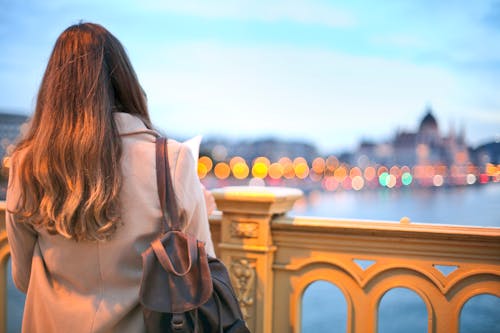
- Never accept drinks from strangers unless you see it poured in front of you.
- Watch your glass at all times, and don’t leave it unattended.
- Know your limits, and avoid getting intoxicated in unfamiliar settings.
If you’re heading to a bar or event, let someone know where you’re going. Carry the address of your accommodation and have a plan for how to get home safely.
Blend In Whenever Possible
Standing out as a tourist can sometimes make you a target. Try to blend in with locals, both in appearance and behavior.
- Dress modestly and appropriately for the region, especially in conservative countries.
- Learn a few basic phrases in the local language—it shows respect and makes you less vulnerable.
- Avoid walking around with large maps, camera gear hanging around your neck, or flashy accessories.
Walking with confidence, even if you’re unsure of your direction, can make a significant difference in how others perceive you.
Keep Digital Copies of Important Documents
Losing your passport or wallet abroad is a nightmare scenario, but digital backups can make the process less painful.
- Email yourself scanned copies of your passport, visa, travel insurance, and credit cards.
- Store backups on a secure cloud service and on your phone’s secure folder or encrypted app.
- Carry printed copies in a separate location from your originals, just in case.
These precautions can speed up replacement processes and give you peace of mind if your belongings are lost or stolen.
Use Reliable Transportation
Transportation is often where travelers let their guard down, especially after a long flight or night out. But how you get around can have a big impact on your safety.
- Avoid unofficial taxis or rides from strangers. Stick with verified services or pre-booked transfers.
- In cities, learn how the public transport system works before you arrive. Late-night buses or trains may be unsafe.
- If renting a vehicle, understand local driving laws and road conditions, and check reviews before using any rental agency.
In some countries, ride-hailing apps offer safer alternatives than hailing taxis from the street, especially for solo female travelers.
Stay Alert in Public Spaces
From train stations to marketplaces, crowded areas can be ideal hunting grounds for pickpockets and scammers. Always stay aware of your surroundings.
- Avoid pulling out your phone constantly to check maps—this distracts you and signals that you’re lost.
- Don’t engage with aggressive street vendors or people asking for money. Scammers often work in teams to distract and rob travelers.
- Walk with purpose, and if you need to stop and check directions, do so in a safe, well-lit place.
If you feel followed or unsafe, walk into a café, store, or hotel and ask for help. Trust your instincts and don’t hesitate to seek assistance.
Choose the Right Travel Insurance
Travel insurance isn’t just for flight cancellations—it’s a critical part of your personal safety net. Make sure your policy covers emergency evacuation, medical treatment, theft, and delays.
- Read the fine print and know what’s covered.
- Choose a provider that offers 24/7 emergency assistance.
- Save the policy number and emergency contact in your phone and wallet.
In a crisis, having a reliable insurance provider can make all the difference between a stressful situation and a manageable one.
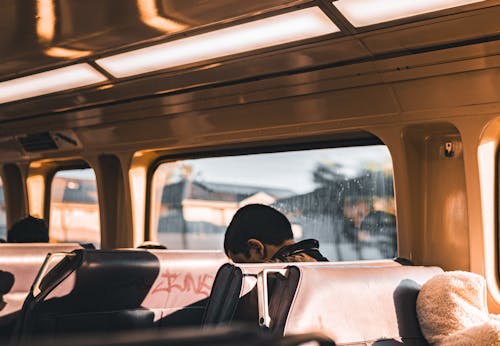
Solo Travel Is Worth the Risk—With the Right Preparation
Traveling alone doesn’t have to be dangerous. It just requires you to think ahead, stay present, and prepare for the unexpected. The confidence, independence, and personal growth that come with solo travel are well worth the effort.
By taking a few extra precautions and staying tuned in to your surroundings, you can explore the world on your own terms—safely, smartly, and confidently.
